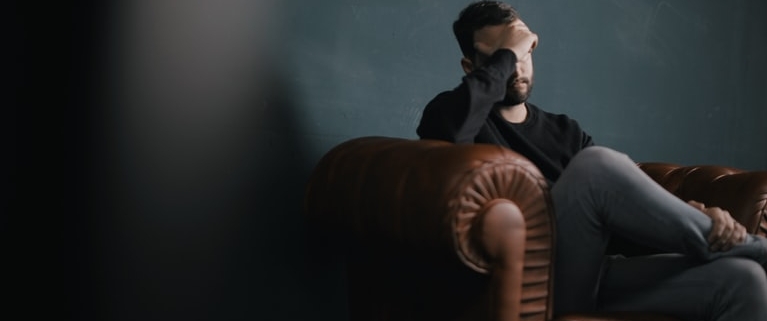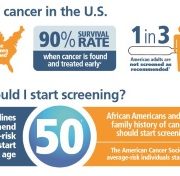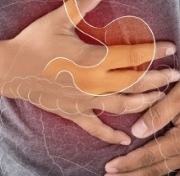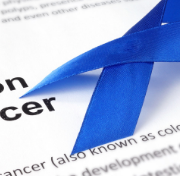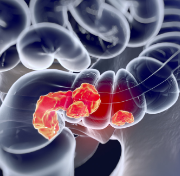What are Gallstones?
Gallstones are hard deposits that can form in your gallbladder. Here’s what you need to know about the condition.
Causes
Gallstones are mostly made up of cholesterol (around 80%) and bilirubin and calcium salts (around 20%). Doctors believe that cholesterol may be tied to the root cause of gallstones. The gallbladder stores bile, a fluid that helps dissolve fats. If your liver produces more cholesterol than your bile can handle, hardened crystals can form and eventually turn into hard deposits (gallstones). The previously mentioned chemical bilirubin may cause gallstones as well. Your body produces bilirubin to break down red blood cells. If your liver produces too much bilirubin (due to conditions like blood disorders and liver cirrhosis), excess bilirubin can lead to gallstones. One last potential cause of is a slow-draining gallbladder. If bile does not exit your gallbladder correctly, it can become concentrated.
Risk Factors
There are a few significant risk factors for gallstones. Some of these are lifestyle factors. These lifestyle risk factors include being obese or overweight, rapidly losing weight in a short timeframe, and eating a high fat or cholesterol diet with low fiber intake. Additionally, people over 60, women, Native American and Mexican people, and people with a family history of gallstones are at a higher risk. Last, there are some relevant medical risk factors. These include being pregnant, having cirrhosis, taking cholesterol-lowering medication, and taking medication with high estrogen content.
Symptoms of Gallstones
Gallstones commonly cause several symptoms. If a gallstone becomes stuck in a duct and blocks it, this can cause symptoms. One of the first may be a sudden onset of intensifying pain in your upper right abdomen. This pain could also occur in the center of your abdomen. You may experience back pain between your shoulder blades, pain in your right shoulder, and nausea and vomiting as well. These symptoms can last minutes or hours. Serious complications can occur, and are indicated by symptoms like yellowing skin and eye whites, a high fever, and tea-colored urine. Seek medical attention immediately if you experience these symptoms.
In some cases, you may not have pain at all. In fact, some experts estimate around 80% of people with this condition have no symptoms.
Diagnosis
Doctors diagnose gallstones in a few ways depending on your situation. If you see them due to any of the above symptoms, they may start with a physical exam to check for signs of jaundice. There are a few diagnostic tests they can perform as well. Often, they will order an ultrasound to visualize your abdominal area and identify signs of gallstones. They may also perform an endoscopic ultrasound (EUS) if they think they could have missed any smaller gallstones with an ultrasound. Another procedure they may perform is an Endoscopic Retrograde Cholangiopancreatogram (ERCP), which can also help identify gallstones. They can also order a blood test to see if your bilirubin levels are abnormal.
In many cases, your doctor may identify gallstones incidentally while performing one of the above procedures for another purpose . This is particularly true if you have asymptomatic ones. As mentioned before, most people with do not have symptoms, so this is a fairly common way they may diagnose your gallstones.
Treatment
Often times, you may not need any specific treatment for gallstones (especially if they cause no symptoms). You may be able to pass them without any pain. If you are experiencing any of the more serious symptoms discussed previously, you may need surgery. Doctors can perform a procedure called a cholecystectomy, in which they remove your gallbladder. This prevents gallstone recurrence. Your gallbladder is not essential, so removing it does not cause major issues. If surgery would be risky for you, your doctor may prescribe medication to dissolve your gallstones. In this case, you will likely have to continue medication use for a long period of time.
Our experienced team at GHP has years of experience treating gallstones. We can help establish the best plan of care for your situation. Contact any of our office locations to learn about the options we offer and schedule an appointment today.

